RESEARCH STAFF STRATEGIC PLAN | ENGAGING COMMUNITIES STRATEGIC PLAN | INCLUSIVE EXCELLENCE STRATEGIC PLAN | RESEARCH AND SCHOLARSHIP
New Research Improves Digital Accessibility for Older Adults
November 23, 2022 ·
Contributed by: Joanna Williams, Marketing and Communications Strategist
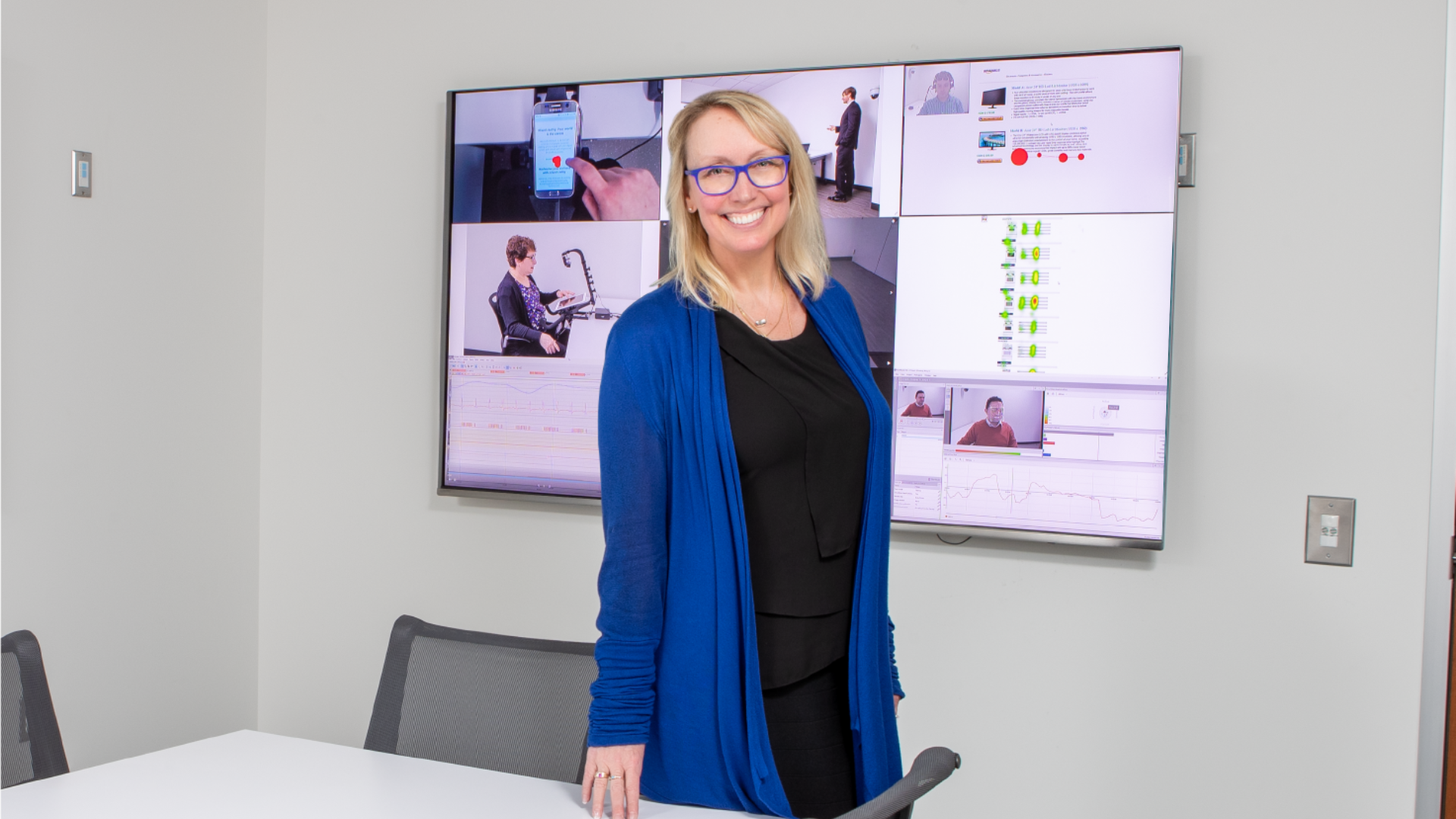
From smart fridges to smart homes to Siri and Alexa, it seems that every household item is now “smart”. Yet not everyone thrives in this “smart” world. For older adults, navigating an increasingly digital world can be a struggle.
“It’s astounding to me that how much technology we design in 2022 is exclusionary, difficult, or frustrating for older adults who are a very important part of our population,” says Milena Head, Director of the McMaster Digital Transformation Research Centre (MDTRC) at the DeGroote School of Business, whose research explores ways to make digital innovation more accessible for older adults.
Product designers may not realize how challenging technologies can be as we grow older. As we age, older adults tend to experience a decline in vision, hearing, short term memory and tactile movement control. Head explains each of these can add up to challenges in navigating websites, apps and accessing customer service. This is compounded by the fact that designers tend to design for users like them and rarely conduct usability assessments on older adults.
In Canada, older adults are the fastest growing segment of our population. But they are being left behind in what is called the digital divide – the gap between those that have access to technology and those that do not.
COVID accelerated how we use technology for learning, working, shopping, and socializing.
“As technology becomes more of a dominant factor in our lives, we have to be very mindful of those that do not necessarily have access to technology, or might be frustrated with technology that is not designed for them,” says Head.
She says there has been a push towards advancing technology, but that advancement is excluding individuals and large groups within our local, national and global societies.
Head’s research has found that older adults, people in different socioeconomic situations, and those living in rural settings tend to be excluded and marginalized because they may not have access to technology, have barriers to using technology, or have limited Internet access. According to Statistics Canada, 63 per cent of Canadians aged 65 or older are either non-users or basic users of the Internet and digital technologies.
At the MDTRC they are looking at how this very rapidly changing world of technology impacts us.
Recently, researchers developed a new mobile user experience lab (MUXL) – a one-of-a-kind facility that can go directly into the community and reach marginalized populations, helping researchers understand how those with special needs, older adults, new immigrants, and people with disabilities interact with technology.
Using physical and mental clues to improve technology for older adults
The MDTRC approaches research from a multidisciplinary perspective – combining business with psychology, neuroscience and behaviour.
Head says they use traditional behavioural tools such as surveys, focus groups and interviews to gain insight into a participant’s experience, but also incorporates neurophysiological tools to help researchers gain a deeper, richer understanding of how we interact with technology. Monitoring eye movements, brain activities, facial expressions, and other clues from our body provide unbiased insights into our experiences with technology.
For example, electroencephalogram or EEG measures brain activity and can tell researchers if a person is paying attention, distracted, engaged or mentally exhausted.
Advanced facial recognition software that tracks muscle movement in the face provides clues into how a person is feeling.
All this data is synchronized with information from the body’s physical signs – heart rate, perspiration, respiration – to better understand what is really happening with that individual.
“It really gives us a much deeper understanding of their journey, through those highs and lows during that interaction,” says Head. “We can tell whether somebody is happy, frustrated, or stressed, and be able to precisely connect that to where they are looking and what they were doing at that moment.”
But how does collecting this information help a person who is frustrated with technology?
Researchers evaluate the data to identify areas where people struggled using the technology. From there, Head and researchers at MDTRC are able to provide concrete design guidelines to help make products and services more accessible. For marginalized individuals, it means digital inclusion and improved access to services and products.
“We don’t tend to design our technology to facilitate access for older adults or for people that might have different types of requirements,” she explains.
For Head it’s all about improving digital accessibility and inclusion for older adults. “We need to make sure that they’re not left behind, and that they’re not denied really important services, interactions and experiences that other parts of our population might be experiencing.”

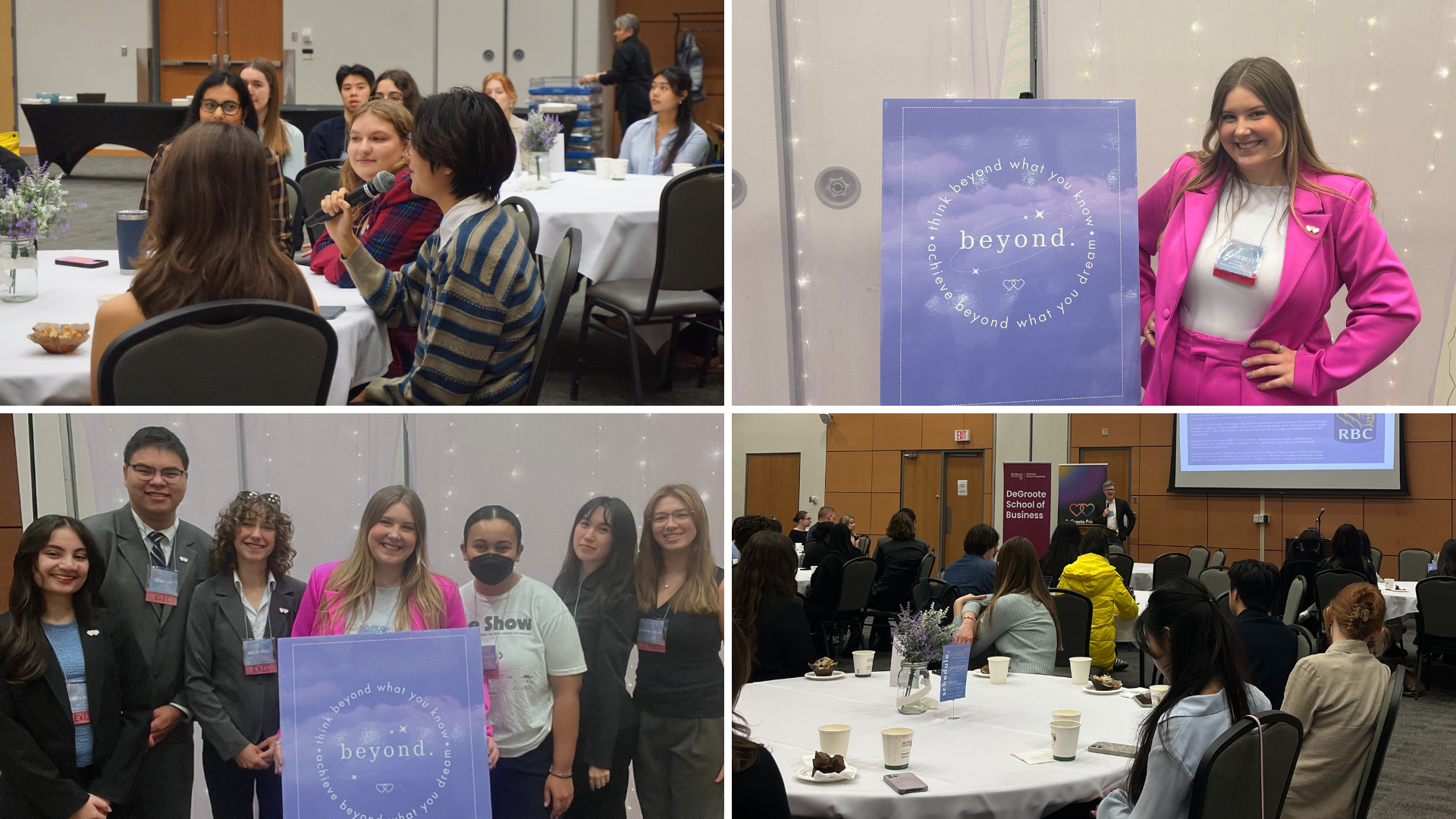

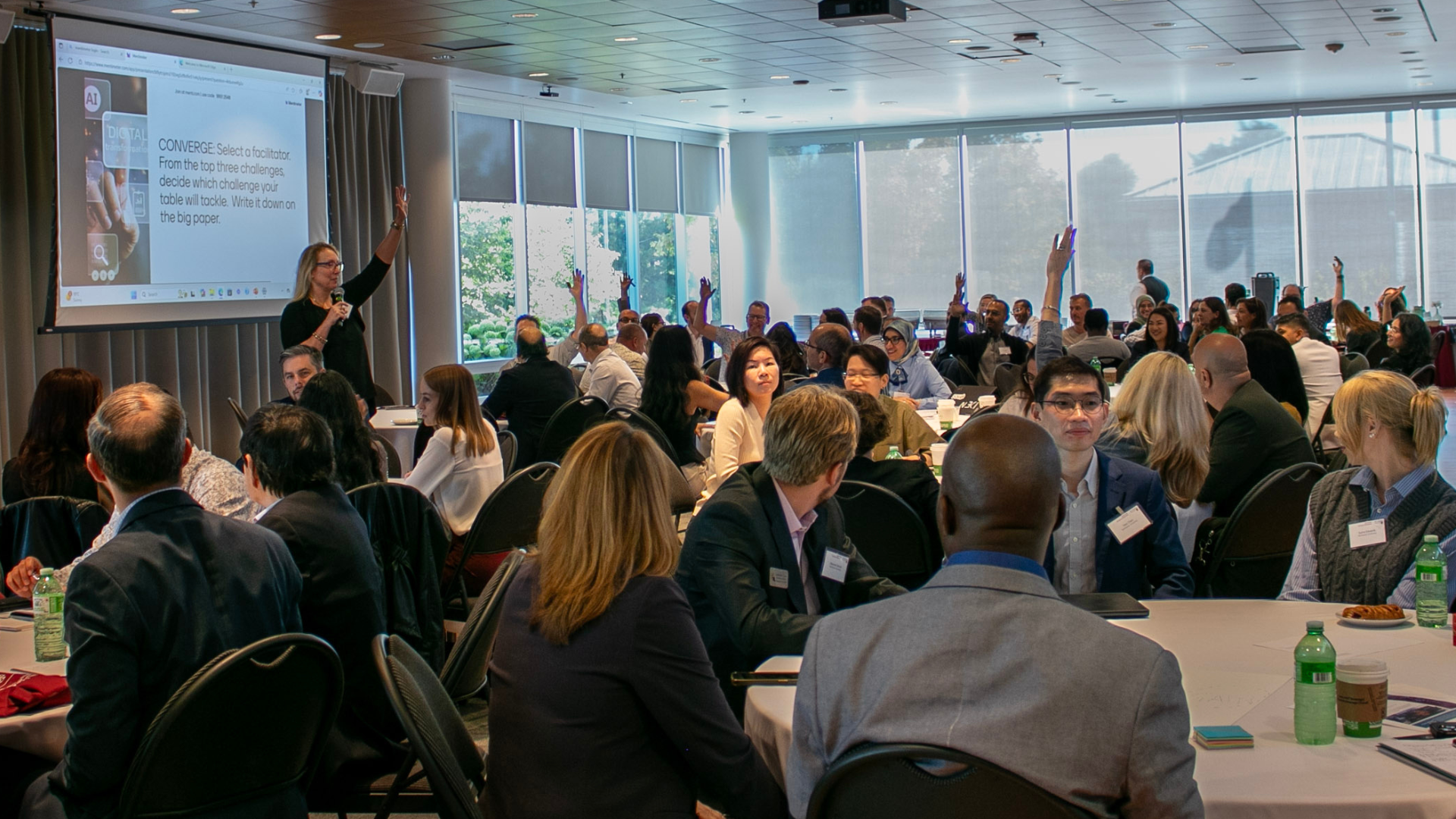




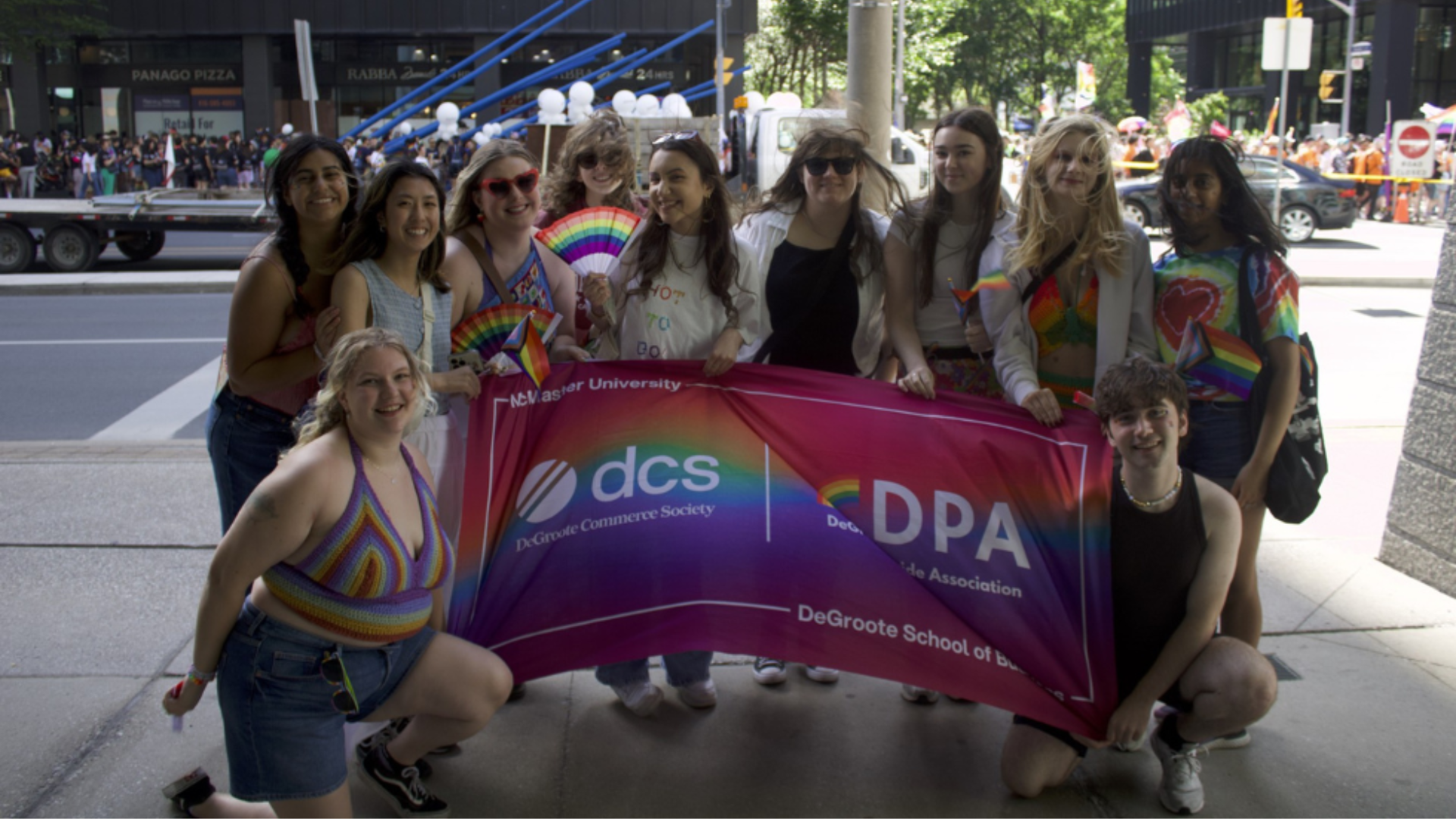
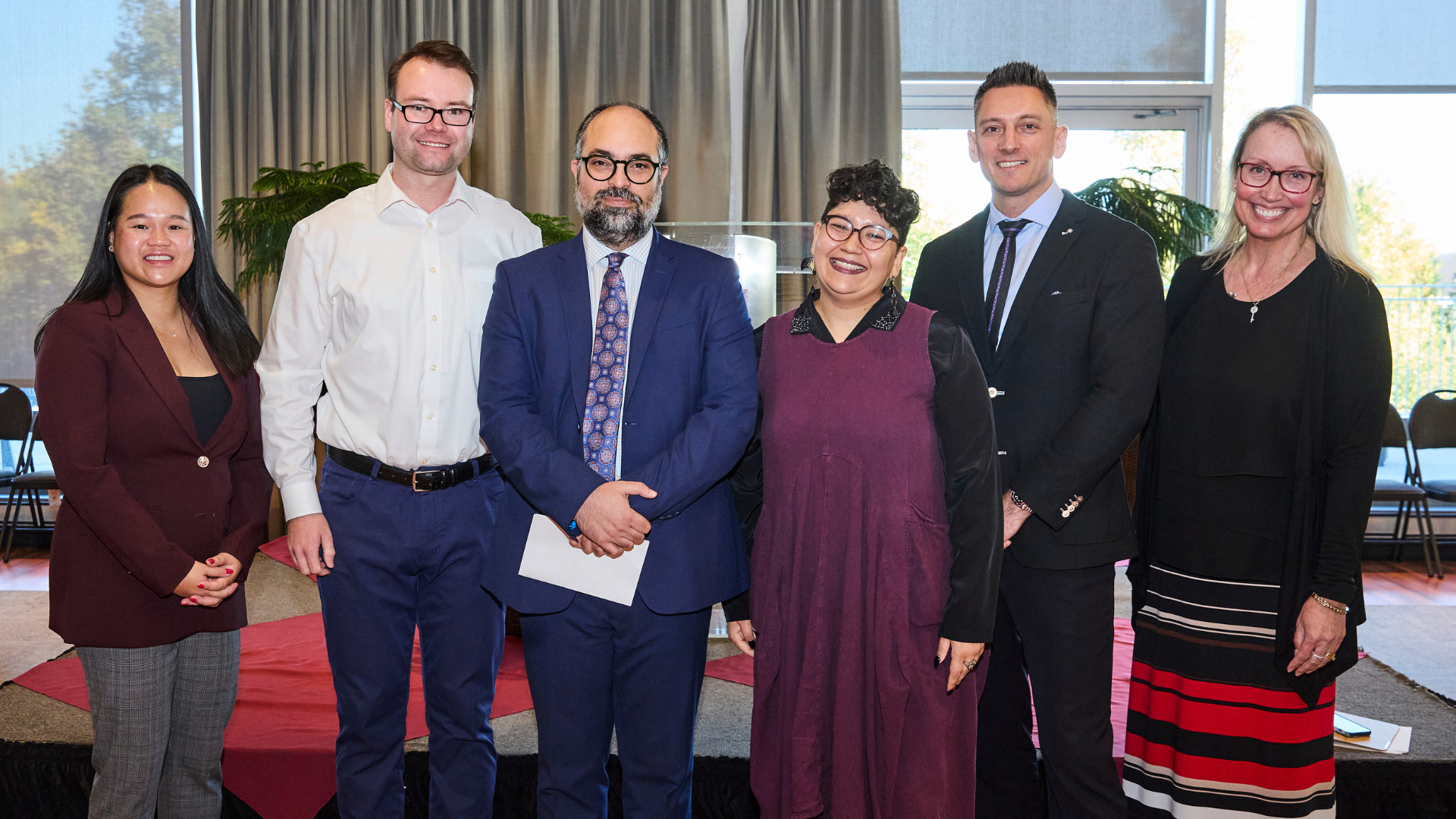
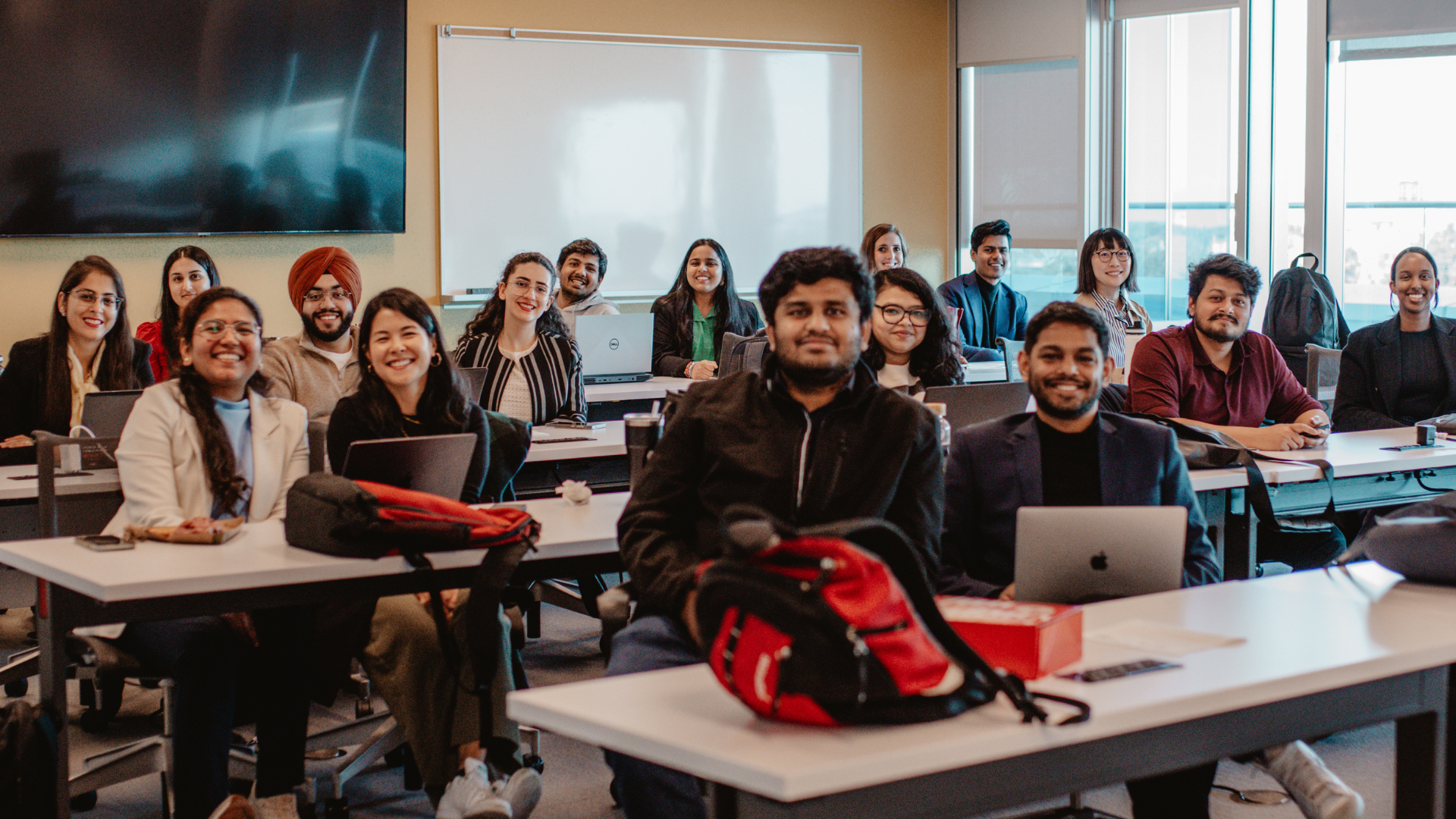


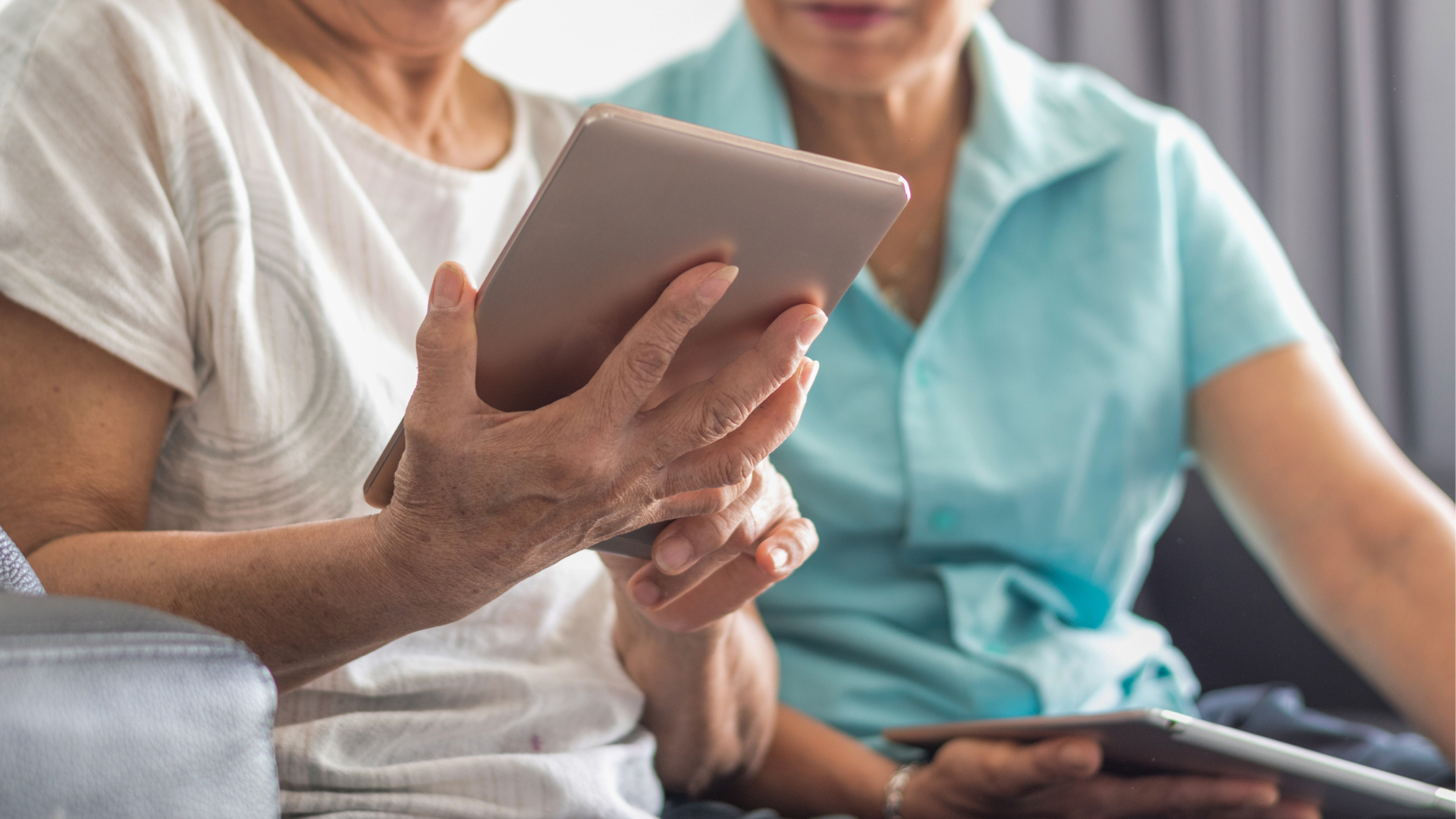
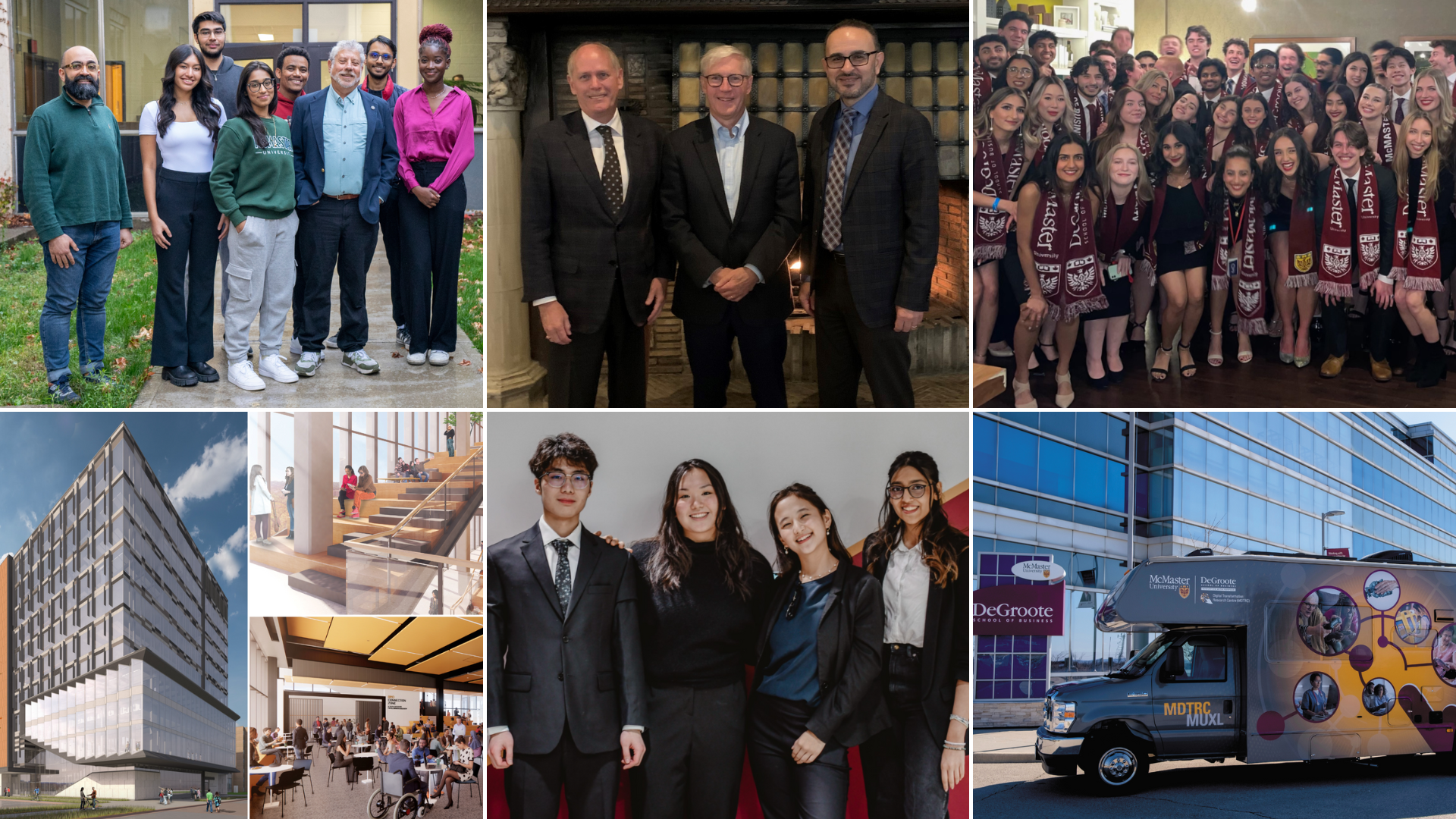

Hi Milena:
What a great study and so needed! I see the same issues down here, particularly with seniors whose work life did not require much technology use and so they did not get familiar with the technology as it was developing so now they feel apprehensive to use any. I do not know if you remember me but I used to teach in DeGroote and worked on research with Min Basadur.
Wow! I am so happy to hear about your research in this area. Love to be in touch with you to learn more about it and to discuss possibilities to bring awareness and help to people in our multicultural community. There is a great need for this. Not only multicultural community but also to many seniors that I know.
I am a retired psych/mental health nurse (McMaster Alumni) and a community volunteer.
Milena: I represent the Mixed Probus Club of Burlington and we have 225 senior members. We communicate on the internet but not all successfully all the time. Would you consider being a guest speaker for one of our monthly meetings. We meet the forth Wednesday of the month at the Burlington Art Gallery at 2 pm. The Art Gallery has all updated communication equipment for presenting. Would either April 26th, May 24th or June 28th fit into your schedule. We can offer a $200.00 honourarium. Thank you
Thank you, Pam! So nice to hear from you and, of course, I remember you! I hope you have been keeping well. 🙂
Hello Judi. I would be happy to talk to the Probus Club. Please contact me through email to discuss further: headm@mcmaster.ca. Thank you!
Thank you Sudaida! I would be happy to discuss further. Please feel free to email me at headm@mcmaster.ca.